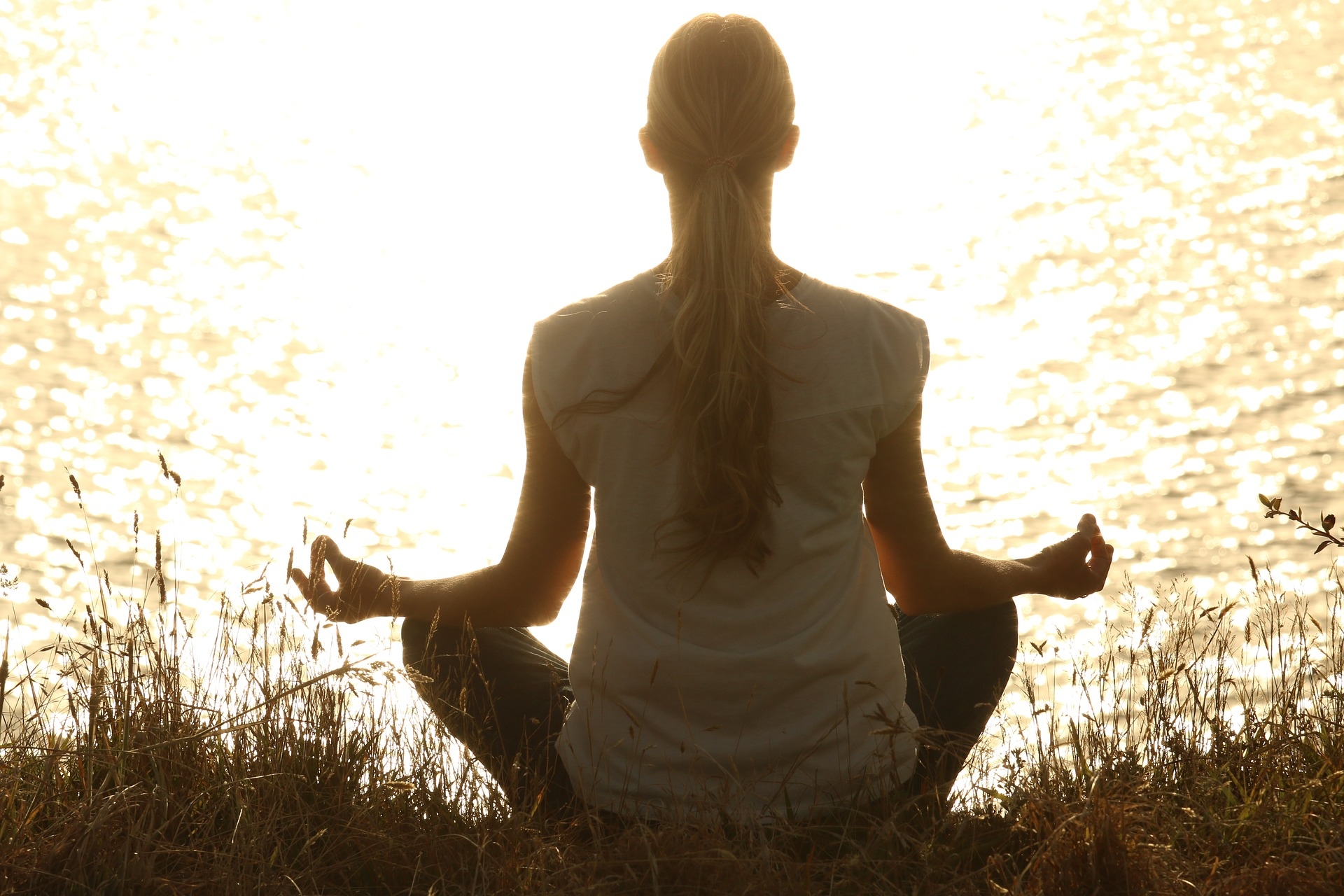Weekly sessions of yoga can ease depressive symptoms in people with other mental health issues, according to a new study.
Depression is the leading cause of disability worldwide, affecting more than 340 million people and the team of researchers wanted to know if yoga might be helpful for people with a range of mental health issues.
Published in the British Journal of Sports Medicine, the current study reviewed 19 randomised controlled clinical trials, involving 1080 adults with a range of mental health issues, conducted in the US, India, Japan, China, Germany and Sweden.

The researchers compared yoga with usual treatment; no current treatment; or self-help, to include books, health information, and the support of friends and family.
Yoga practice involved a mixture of movement, breathing exercises, and/or mindfulness, but with the movement component comprising more than half of each session.
Yoga types included Hatha, Vinyasa, SVYASA, kundalini and Kripalu, with each weekly session lasting between 20 and 90 minutes over a period of around 2.5 months, on average.
The data from 13 of the 19 trials were pooled, and the results showed that yoga eased depressive symptoms compared with usual, no, or self-help treatment.
The effects were most noticeable for depression and schizophrenia, and to some extent, for alcohol misuse.
The analysis revealed that the higher the number of weekly yoga sessions completed, the greater was the effect on easing depressive symptoms.
The clinical trials were of fair (47 per cent) to high (53 per cent) quality, but there were too few of them to analyse the potential impact of different types and intensities of yoga, the researchers said.
They concluded that yoga is more effective than usual care, with a clear dose-response effect, and that it may be especially helpful for those who normally can’t or don’t exercise.
“Consideration of yoga as an evidence-based exercise modality alongside conventional forms of exercise is warranted, given the positive results of this review,” the authors wrote.
“Yoga may provide an additional or alternative strategy to engage people experiencing depression in meaningful physical activity”.









